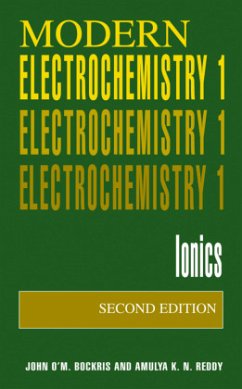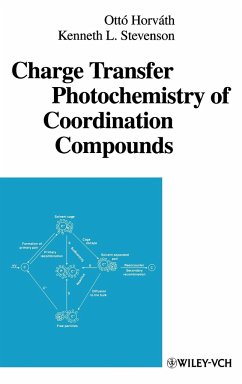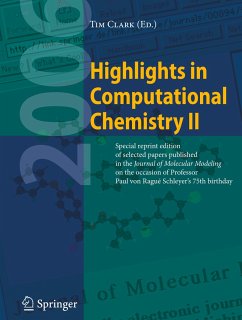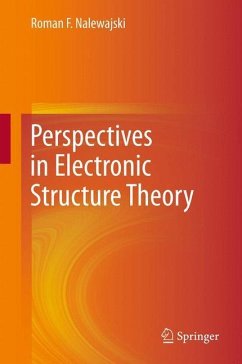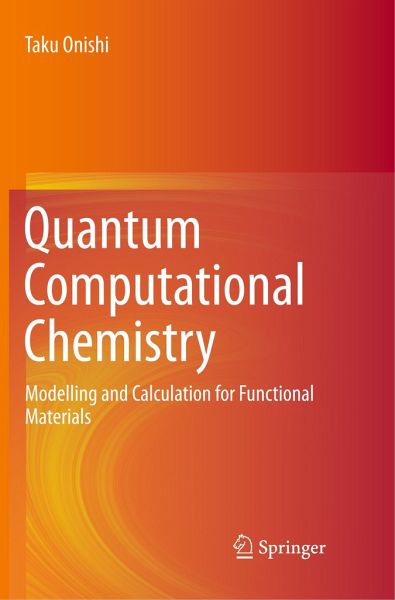
Quantum Computational Chemistry
Modelling and Calculation for Functional Materials
Versandkostenfrei!
Versandfertig in 6-10 Tagen
121,99 €
inkl. MwSt.
Weitere Ausgaben:

PAYBACK Punkte
61 °P sammeln!
This book is for both theoretical and experimental chemists to begin quantum molecular orbital calculations for functional materials. First, the theoretical background including the molecular orbital calculation method and modelling are explained. This is followed by an explanation of how to do modelling and calculation and to interpret calculated molecular orbitals, with many research examples in the field of batteries, catalysts, organic molecules and biomolecules. Finally, future trends in computational chemistry are introduced.






